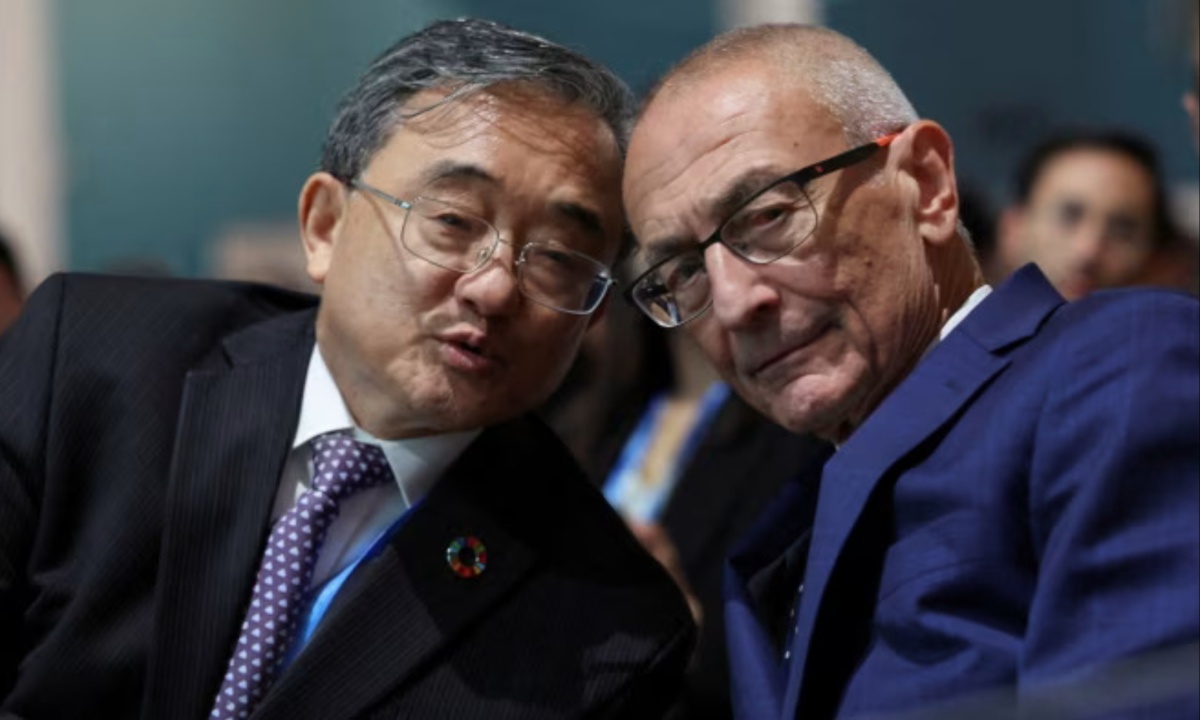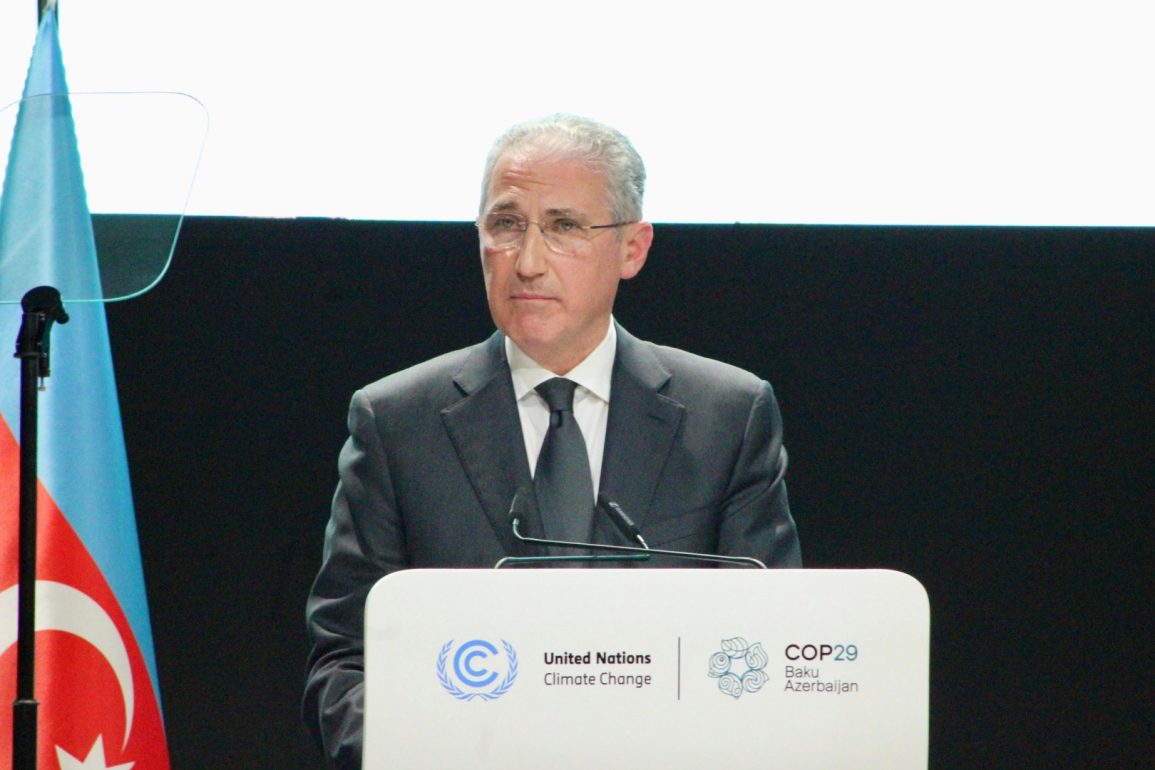During the UN COP29 summit in Baku, China called on the United States to engage in “constructive dialogue” to address climate change, signaling a contrast with the incoming Trump administration’s stance. Liu Zhenmin, China’s climate envoy, emphasized the importance of continued cooperation between the world’s two largest economies on climate action, particularly in reducing methane and other super-pollutants.
Zhenmin highlighted China’s commitment to enhancing its control over methane and non-CO2 pollutants, asserting that climate change demands a collective global response, which was met with applause from the audience.
Zhenmin’s comments implicitly criticized the incoming administration of Donald Trump, who has dismissed climate change as a hoax and threatened to undo key climate policies, including the US’s participation in the Paris Agreement.
In contrast, Zhenmin underscored the urgency of tackling emissions of methane, nitrous oxides, and hydrofluorocarbons, noting that these pollutants trap more heat than CO2 over shorter periods. This approach aligns with China’s broader climate goals, as it continues to focus on reducing pollutants to slow global warming effectively.
The summit also saw US President Biden’s top climate diplomat, John Podesta, joining Zhenmin in urging stronger action on methane and other greenhouse gases. Podesta confirmed the US had finalized a new methane levy aimed at large oil and gas producers, though concerns remain that the incoming Trump administration may attempt to roll back these efforts.

Despite potential political challenges, Podesta emphasized that global momentum for cutting non-CO2 greenhouse gases is gaining strength and will require continued international cooperation.
Zhenmin’s remarks also reflected the shifting geopolitics surrounding climate change, as national responses diverge. While Azerbaijan’s President Ilham Aliyev called for more support for the green transition, despite his country’s oil and gas dependency, China’s climate strategy continues to evolve.
As the world’s largest emitter alongside the US, China faces mounting pressure to take a leadership role in global climate efforts, particularly after the US election results. China has increasingly focused on renewable energy and emissions reduction measures, including ambitious goals to dominate the global renewable energy market by the end of the decade.
In recent years, China has significantly expanded its renewable energy infrastructure, including the addition of solar and wind power. The country has made substantial progress in addressing methane emissions, although it was initially slower than developed nations in this area.
Zhenmin acknowledged China’s late start in controlling methane emissions but emphasized that the country is now actively working to improve its efforts through better monitoring and infrastructure. These developments suggest that China’s emissions may peak sooner than its 2030 target, contributing to global climate goals.

